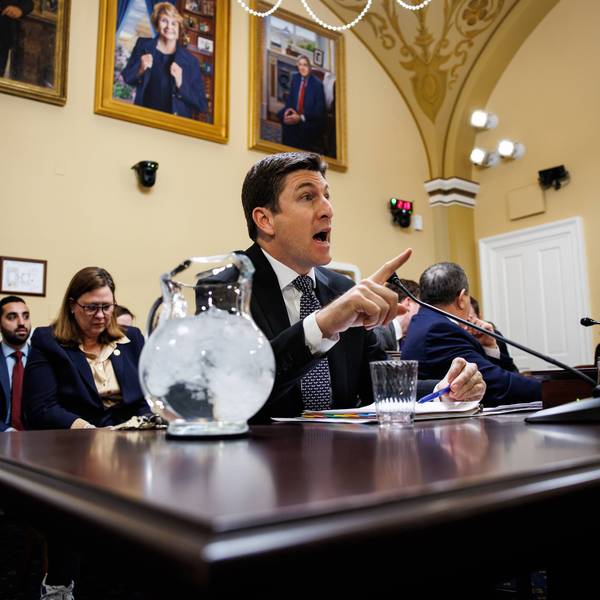In a comprehensive study of voter fraud allegations nationwide from 2000 to 2014, number of incidents that involved someone pretending to be someone else at the polls -- the kind of fraud that voter ID laws prevent: 31
Number of ballots cast during that same 14-year period: more than 1 billion
Of the few election fraud cases brought by the U.S. Justice Department between 2002 and 2005, when U.S. attorneys were under heavy pressure to pursue such prosecutions, number that would have been addressed by a voter ID requirement: 0
Number of states that have passed laws requiring voters to show some form of identification at the polls: 34
Number of states which had been subject to federal preclearance under the Voting Rights Act that announced more restrictive voter ID requirements after the U.S. Supreme Court's Shelby v. Holder decision rolled back preclearance requirements in 2013: 7
Percent of those seven states that are in the South: 100
Of the 31 credible voter impersonation fraud cases documented nationwide, number that are from North Carolina: 2
Months after the Shelby decision that North Carolina passed what's been described as one of the nation's most restrictive voting laws, which in addition to ID requirements that take effect in 2016 includes other provisions limiting ballot access: 2
During arguments over passing a South Carolina voter ID law in 2011, number of dead people alleged to have voted in the state's elections: hundreds
After painstakingly reviewing a quarter of the supposed "dead voters," number of fraudulent votes that the South Carolina Election Commission found evidence for: 0
Date on which Virginia's State Board of Elections voted to narrow the definition of a valid ID under that state's voter ID law: 8/6/2014
In the 243-page document that Mississippi State Sen. Chris McDaniel (R) submitted this week purporting to provide evidence of allegedly illegal votes in the state's recent Republic primary, number of allegations of the kind of fraud that voter ID would prevent: 0
Of the 13 counts of election fraud in a case cited in a recent ruling by the Wisconsin Supreme Court upholding that state's voter ID law, number that would likely have been prevented by the law: 0
In the four states that have held just a few elections under the strictest voter ID laws, number of votes which have reportedly been rejected for lack of an ID: 3,000
Factor by which African Americans are more likely than whites to lack ID: 3
Factor by which Americans earning less than $35,000 a year are more likely than those earning more to lack ID: 2
Rank of whether a person's preferred candidates win among the factors that influence whether people think elections are fair: 1



